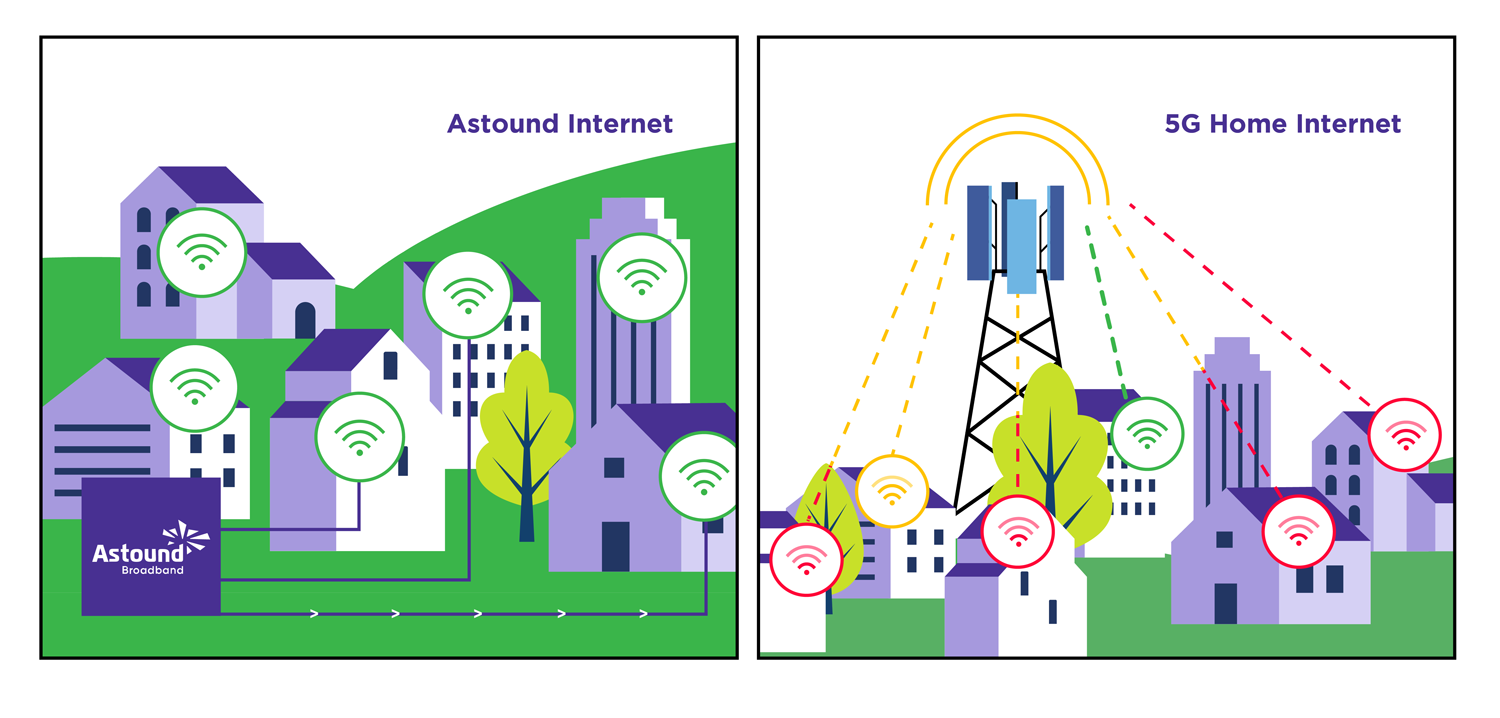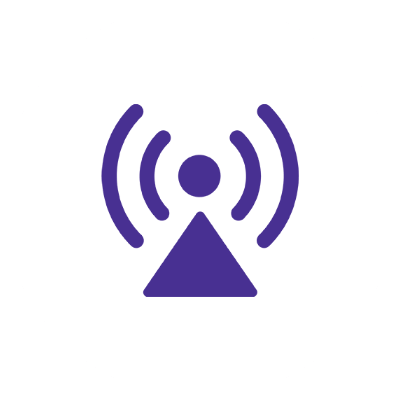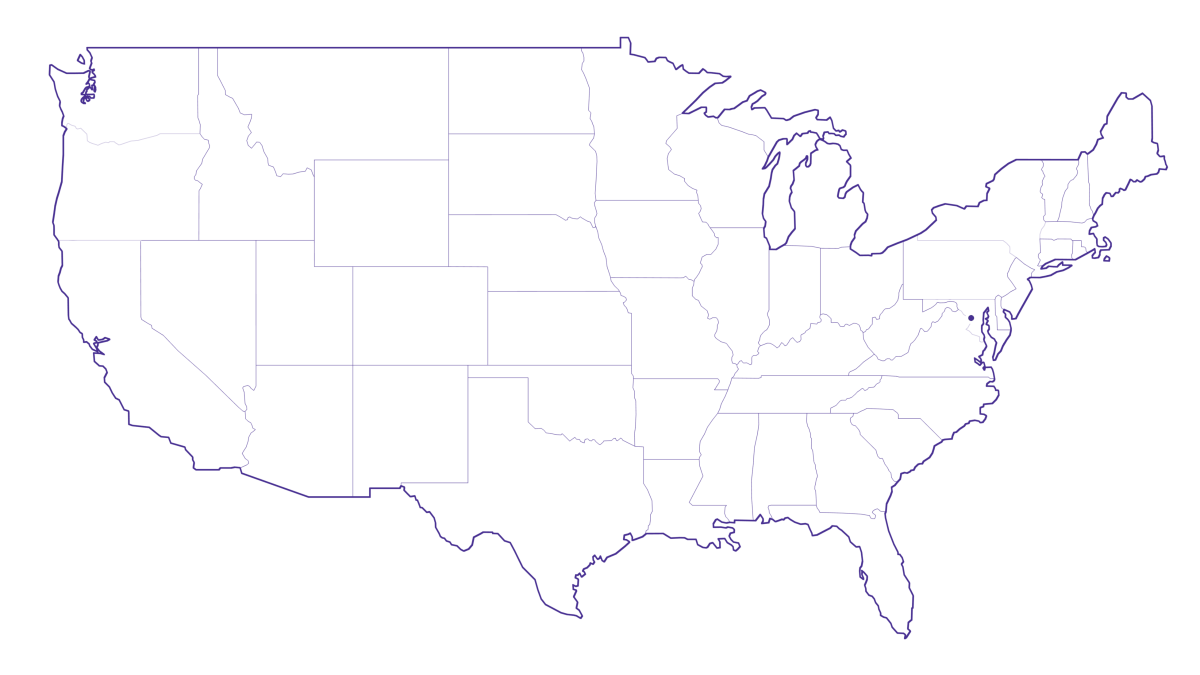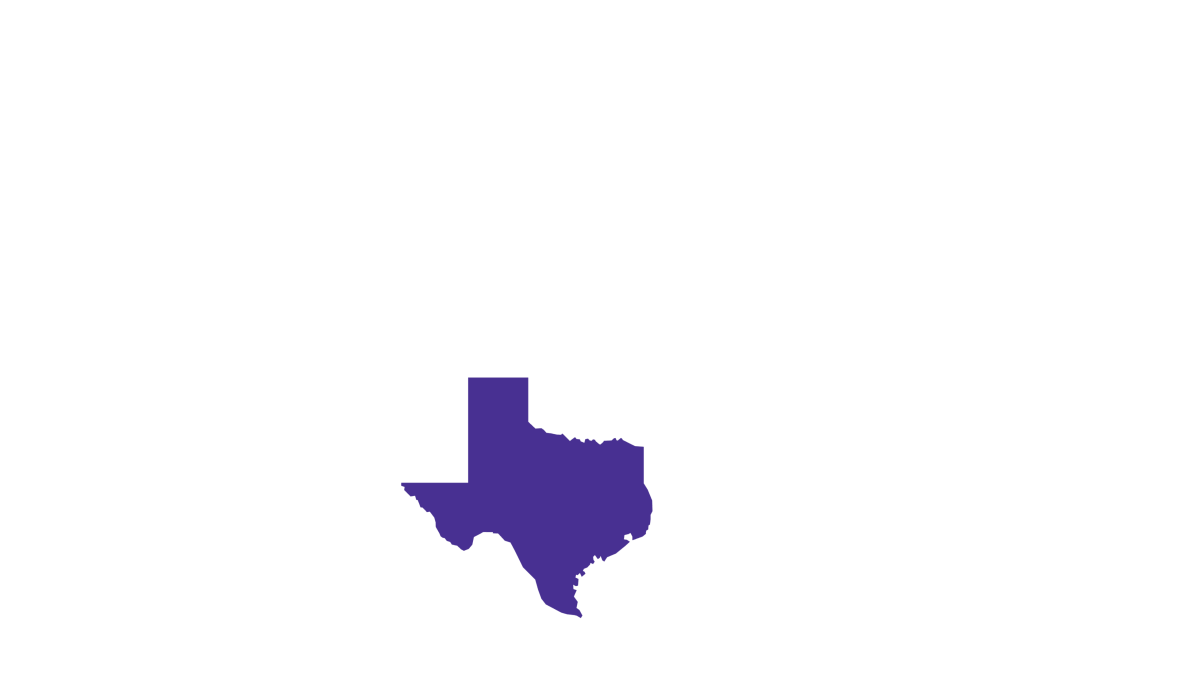Cable vs. 5G home internet

A reliable internet connection is no longer a luxury but a necessity, as we depend on it for work, education, entertainment and communication. As the demand for internet connectivity grows, users may find it challenging to choose between cable internet and 5G home internet for their online needs.
This article will discuss the differences between cable and 5G home internet options, explore their advantages and disadvantages and explain which one you should choose.
Switch & save
Astound is the #1 cable ISP
Stream live content, work, surf, game and connect to multiple devices with speeds up to 1500* Mbps through our ultra‑reliable fiber‑powered network.*

Is cable faster than 5G?
While cable and 5G home internet both provide high-speed connectivity, speed capabilities depend on infrastructure and other factors, including coverage and network congestion.
Explanation of speed
Cable internet is a high-speed broadband connection with speeds ranging from 100 Mbps to 1.5 Gbps. A 2023 report by the FCC states that cable internet provides fast and more consistent speeds, with most users experiencing median speeds greater than the advertised speed.
Your connection’s speed tier depends on the WiFi plan you subscribe to from your ISP provider.
While 5G home internet is also a high-speed connection, it does not offer specific speed tiers like cable internet. The speeds 5G home internet providers offer range from 40 Mbps to 300 Mbps.
For example, a Reddit user reported that their 5G home internet speeds would go up to 300 Mbps and subsequently drop to 20 Mbps. Factors such as network congestion, the density of 5G coverage and the distance of devices from 5G cell towers influence these speed inconsistencies.
Learn More: How to increase WiFi speed
Is wired internet better than 5G?
Wired internet connections refer to broadband connections transmitting data through physical cables. The two common types of wired internet connections are cable and fiber optic. The main difference between fiber and cable is their transmission medium.
Fiber uses thin glass strands to transmit data as light signals, while cable transmits data through coaxial cables as electric signals.

Advantages of wired connections
Wired connections generally offer a more stable, consistent and reliable internet service than wireless 5G home internet. The coaxial cables that transmit data are less susceptible to signal interference, attenuation and damage from unfavorable weather patterns.
Wired connections maintain signal integrity over long distances, reducing distortion and offering lower latency. Lower latency is crucial in online activities and applications that require real-time response, such as internet gaming, live streaming, video calls and smart automation with Internet of Things (IoT) devices.
If you are a passionate streamer or gamer who frequently streams 4K/8K content, consider a wired connection like cable to provide a stable, consistent, low-latency internet experience that meets gaming demands.
Cable internet is also widely available in urban and suburban areas because it leverages the existing cable infrastructure for TV. 5G coverage, on the other hand, is limited to certain areas, primarily select metropolitan areas, since its infrastructure is still in development.
Learn more: Wired WiFi vs 5G WiFi
Check for service
Get internet service that delights
Astound is ranked among the best for overall satisfaction*. When it comes to download speed and quality, Astound more than delivers.

Challenges of 5G home internet
5G home internet performance varies depending on several factors. Some of the challenges it faces include:
Coverage issues
Despite the rollout of the 5G network, its coverage is mainly limited to select urban and metropolitan areas. People living in areas with low-density coverage of 5G cell towers can experience slower internet speeds or interrupted connections.

Signal interference
5G home internet is a wireless network with signals passing through the air as radio waves. In densely populated areas, buildings, walls and trees obstruct the transmission of 5G signals between the cell towers and the 5G receivers (routers).
Network congestion
In areas with a high population of 5G users, many devices connect to the same network simultaneously, which may result in network congestion. A surge in users during periods of peak network usage can strain 5G networks’ bandwidth, leading to interference, slow data transmission and increasing latency.
Data caps
Some 5G home internet providers impose data caps on their internet plans, limiting how much data users can utilize during a billing period. You may quickly exceed your data caps if you engage in data-intensive activities like streaming 4K content or downloading and uploading large files frequently.
Exceeding data caps may result in slower speeds or more charges, limiting your ability to utilize your internet connection while paying the overcharges.
Weather conditions
Unfavorable weather conditions like heavy rain, fog or thunderstorms cause atmospheric disturbances that can attenuate 5G signals, causing distortion and signal degradation. Distorted and degraded signals cause internet interference and slow data transmission for users.
The technology gap
You deserve better internet
5G Home Internet Fixed Wireless Access uses radio waves which are impacted by obstacles like buildings and trees, resulting in reduced reliability.

Should I switch from 5G to cable?
The decision to switch from 5G home internet to cable internet depends on your needs and the available internet solutions in your location. If you are considering moving from 5G to cable internet, here are reasons why you should make that switch:
- Cable internet offers faster and more consistent data transmission rates than 5G home internet, with up to 1.5 gigabit speeds. Depending on your needs, you can also choose from your ISP’s different speed tiers to find the right internet speed.
- Cable internet provides a more consistent connection for various online activities.
- Cable internet infrastructure is well-established, providing extensive coverage and availability in urban and suburban areas. If you are moving to an area where 5G coverage is limited, cable internet is a more accessible option.
- Cable internet plans offer competitive pricing options, with prices varying based on the speed tier you choose. In addition, ISPs may offer bundled packages that include TV and mobile phone services, adding value to your internet plan.
- Switching to cable internet can alleviate concerns about data caps, as cable internet plans provide unlimited or higher data allowances. Unlimited data plans offer peace of mind with uninterrupted connectivity and enable you to engage in data-intensive activities without worrying about data limits or incurring extra charges after exceeding the data cap.
Build your plan
Your perfect plan is just a click away
Get the speeds, WiFi, mobile and TV plans you need all at an affordable price. Bundle your services with Astound and see how much you can save.

Conclusion
Cable internet is a preferred choice for reliable home connectivity. Its internet plans offer fast speeds, minimal latency, unlimited data allowance and cost savings when bundled with mobile and TV services. Furthermore, its extensive infrastructure ensures broad coverage in urban and suburban areas, making it a viable option in regions with limited 5G coverage.
If reliability, performance consistency and potential cost savings are essential, switching to cable internet may be worth your consideration.
Frequently asked questions
Will 5G home internet replace cable?
5G home internet is unlikely to replace cable internet. Cable is reliable and has extensive coverage, while 5G coverage is still limited and its performance is less consistent and reliable than cable.
*Internet speeds may vary & are not guaranteed. Certain equipment may be required to reach advertised speeds. DOCSIS 3.1 modem with 2.5GE physical LAN port is required for 1 Gigabit speeds and higher. See astound.com/yourspeed for why speeds may vary. To view Astound’s FCC Network Management Disclosure see astound.com/policies-disclaimers. Limited time offer, subject to change without notice. Advertised promotional price valid for duration of the stated promotional period from time of service activation. Regular rates apply after promotional period ends. Equipment not included and is extra. Modem required for Internet service. Enhanced Wi-Fi or Whole Home Wi-Fi (eero) not included and is add’l. Offer includes a monthly discount for enrollment in both automatic payments (autopay) & paperless billing (e-bill). Discount of $10 applies with automated bank account deduction or a discount of $5 applies with automated credit/debit card payment. Valid email address required. Must complete enrollment in autopay and e-bill within 30-days of placing the order. Without enrollment, the discount does not apply. Discount appears on bill within 3 bill cycles after enrolling. If either autopay or e-bill is canceled, services are changed, or the account is not in good standing, then the monthly discount will be discontinued. Offer valid only for new residential Astound customers or previous customers with an account in good standing who have not had Astound service within the last 60 days. Any add’l services, equipment, premium channels & other tiers of service are subject to an add’l charge & regular increases. A one-time activation fee of $14.99 (in addition to any installation fees) will be charged & is subject to change. Add’l fees apply for taxes & surcharges, and are subject to change. WA RESIDENTS: unless otherwise specified, price does not include a 2% Regulatory Administration Fee. For details about taxes, fees & surcharges visit astound.com/fees. No early termination fees apply in the event service is terminated in advance of the promotional end date. Customer is responsible for any accrued service charges in the event service is canceled. Subject to credit check. Not all services & speeds are available in all areas. A multi-product discount may be available to qualifying addresses with a subscription to mobile, TV, and 600 Mbps Internet or higher. Discounts will be reflected in your order cart at time of purchase, if available. Other restrictions may apply. All services are governed by the Astound Customer Terms & Conditions that can be found at astound.com/policies-disclaimers. © 2025 Radiate HoldCo, LLC d/b/a Astound Broadband. All rights reserved.
While we have made every attempt to ensure that the information contained in this site has been obtained from reliable sources, Astound is not responsible for any errors or omissions, or for the results obtained from the use of this information. All information in this site is provided “as is”, with no guarantee of completeness, accuracy, timeliness and without warranty of any kind, express or implied, including, but not limited to warranties of performance, merchantability and fitness for a particular purpose. Certain links in this site connect to other websites maintained by third parties over whom Astound has no control. Astound makes no representations as to the accuracy or any other aspect of information contained in other websites.
AT&T Internet Air, T-Mobile 5G home internet and Verizon 5G home internet details were pulled from their respective websites on December 5, 2023. *Internet speeds may vary & are not guaranteed. Certain equipment may be required to reach advertised speeds. Limited time offer, subject to change without notice. Advertised promotional pricing valid for 12 or 24 months from service start date, subject to change thereafter. Astound offers month-to-month service with base discounted introductory rate tiers. Prior to the end of any discounted rate tier, subscribers receive a notice informing them of the end of the discounted rate tier and providing information about the next discounted rate tier. Unless otherwise specified, 2-year price lock only available w/ promo internet pricing for speeds of 500 Mbps or greater. Additional fees apply for taxes and surcharges, and are subject to change. For details about fees & taxes visit astound.com/fees. Offer includes a monthly discount for enrollment in both automatic payments (autopay) & paperless billing (e-bill). Discount of $10 applies with automated bank account deduction or a discount of $5 applies with automated credit/debit card payment. Valid email address required. Must complete enrollment in autopay and e-bill within 30-days of placing the order. Without enrollment, the discount does not apply. Discount appears on bill within 3 bill cycles after enrolling. If either autopay or e-bill is canceled, services are changed, or the account is not in good standing, then the monthly discount will be discontinued.
**Source
eero Plus is available for an additional $9.99/month and requires subscription to whole home WiFi powered by eero.


















